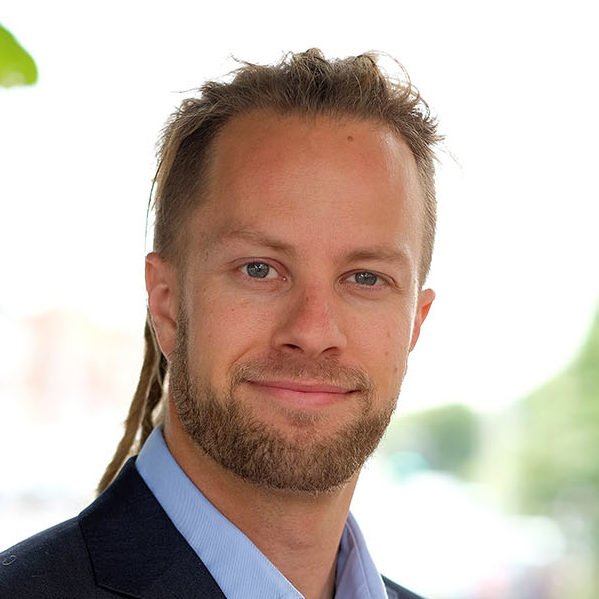Here at LifeLine, we have been working closely with the Mayor of London to mentor young people across the capital for the last 15 years.
And, while the holder of the title has changed, we are pleased to see that this commitment to mentoring has remained broadly consistent throughout.
Now, more than ever, we hope that the power of mentoring is something that will now be talked about on a more national level.
With the next general election drawing ever closer, political parties have shifted into high gear—each proclaiming to be the best to look after the next generation.
With this comes promises of widespread support systems and targeted interventions, from new mentoring programmes and mental health hubs, to the notion of embedding youth workers in critical settings like pupil referral units and A&E departments.
The message is that they want to invest in youth programmes today in order to secure young people a brighter tomorrow.
Show me a successful individual and I’ll show you someone who had real positive influences in his or her life. I don’t care what you do for a living—if you do it well, I’m sure there was someone cheering you on or showing the way. A mentor.
Denzel Washington
Mounting worries over mental health and escalating incidents of youth violence over the past decade have driven the parties to a collective recognition of the urgent need for mentoring interventions for young people.
For organisations like ours—embedded within East London’s diverse communities—this acknowledgment of the many issues facing young people today translates into the prospect of being able to help more of them. With decades of experience and a robust network of local connections in place, we want to be given the chance to expand our reach and deepen our impact further.
At LifeLine, we mainly engage with young people through our SW!TCH team, offering various forms of mentoring alongside positive activities, residential trips, and outings.
Our support is focused on young people who are at risk of being excluded from mainstream schooling, who are suffering from poor mental health, or are involved in or at risk of Serious Youth Violence.
Targeted one-to-one mentoring takes places in schools, supported by lighter touch mentoring while young people take part in our programme of activities.
Over our almost 25 years of mentoring young people, we have developed the Vision, Identity, Purpose (VIP) Mentoring Framework, which instils in young people a sense of meaningful purpose, built on a well-rounded identity, and guided by their own vision for the future.
Through personalised mentoring sessions and tailored engagement, we take on the responsibility of equipping young people with the tools they need to navigate life’s challenges successfully.
Over recent years, we have contributed to the development of the Mayor of London’s Mentoring Quality Framework which closely aligns with our own VIP Mentoring Framework. The Mentoring Quality Framework is a self-assessment tool that provides a structured approach for organisations to reflect on their mentoring programmes.
It helps with identifying areas of excellence and opportunities for growth. It encourages organisations to reflect on the support offered to young people and how it can be enhanced.
Whether it’s volunteer mentoring, professional mentoring, online mentoring, peer mentoring, or activity-based mentoring, the Framework is a valuable resource for continuous improvement and commitment to young people’s well-being.
Mentees are promoted five times more often than those without mentors.
Mentoring programmes boosted minority representation at the management level from 9% to 24%.
Mentoring is not about making people like you, but about helping them become the best version of themselves.
David Stoddard
This alignment with the Mentoring Quality Framework is something that runs deep within LifeLine’s ethos—a shared commitment to nurturing the potential of every young person we encounter.
In partnership with London Youth, and as part of the Mayor of London’s New Deal for Young People, we’re currently helping to train 300 organisations to use the new Mentoring Quality Framework.
Using the Mentoring Quality Framework in the mentoring of young people
London-wide training and development for community providers.
We are really pleased to be working with Lifeline as our partners to deliver the training sessions within the programme.
The programme also includes one-to-one support, a new mentoring community network, and a small grants programme to assist organisations to complete the Mentoring Quality Framework.

Pauline Daniyan
CEO, London Youth
Through our partnerships with local organisations and grassroots initiatives, we aim to amplify the reach of our mentoring programmes, particularly in activity-based settings where we have a proven track record in engaging and empowering young people effectively.
This track record also includes facilitating training workshops, providing fundraising support, and advocating for trauma-informed approaches.
Our current goal is to strengthen and further expand our offering as a key part of a wide-ranging network of support for young people.
of young people who took part in mentoring through SW!TCH Minds would recommend the programme to other young people.
While youth interventions and programmes will always continue to evolve, one thing remains constant—the transformative power of mentoring.
With the Mentoring Quality Framework providing vital guidance and direction, and organisations like ours at the forefront of delivery, young people in East London have the potential to achieve real success.
I believe that for every young person whose life is touched by mentoring, it’s not just a lifeline…
It’s a pathway to a brighter future.
A mentor is someone who sees more talent and ability within you than you see in yourself, and helps bring it out of you.
Bob Proctor



